FG Revises 2020 Budget, Drops Oil Price Benchmark To $25
The Federal Executive Council (FEC) on Wednesday approved the revised Medium Term Expenditure Framework and the 2020 budget.
The revised budget was increased from N10.276 trillion to N10.523 trillion, representing an increment by N318 billion.
However, the total budget size is N71.5 billion lesser than the original budget of N10.594 trillion passed by the National Assembly in December 2019.
Also, the benchmark price for oil – Nigeria’s major income earner – was reduced from the initial $57 per barrel approved last year to $25 per barrel at a production rate of 1.94 million barrels per day.
Speaking to journalists after the virtual FEC meeting, Zainab Ahmed, Minister of Finance, Budget and National Planning, said the increase in the revised budget is due to the spendings necessitated by the novel coronavirus (COVID-19) pandemic.
She also explained that the Federal Government decided to raise the oil benchmark price of $25 per barrel for the adjusted 2020 budget, up from the $20 per barrel announced by the Budget Office.
She added that the deficit of the budget will be financed by both local and foreign borrowing.
She said: “The council has approved our recommendations and the approval has these key parameters; the crude oil price is approved at $25 per barrel.
“Crude oil production is at 1.94 million barrels per day and then an exchange rate of N360 to $1. The revised budget is now in the total sum of N10.523 trillion, a difference of just about N71.5 billion when compared to the approved budget.
“This is because, as we cut down the size of the budget, we also have to bring in new expenditure previously not budgeted, to enable us adequately respond to the COVID-19 pandemic.
“The Federal Government in this budget will have direct revenue of funding the budget of N5.158 billion. The deficit to this budget is N5.365 trillion and this will be financed by both domestic as well as foreign borrowing.”
According to Ahmed, the foreign borrowing would be concessionary loans from the International Monetary Fund (IMF), World Bank, Islamic Development Bank as well as Afro-EXZIM Bank.
“There will also be some drawdown of previously committed loans for major ongoing projects that we will be drawing from both exiting facilities as well as some special accounts with the approval of Mr President and the national assembly.
“And also revenue that we are expecting to realize from privatization. So the borrowing, the drawdown of the multilateral loan coming from special accounts and coming from the privatization will fund the fiscal deficit of N5.365 trillion that we have in the proposed amendment of the 2020 budget,” she said.

